Should Valentine’s Day feel like a chore? With the anticipation of the holiday, people are feeling the pressure to give extravagant gifts or expensive date ideas. Has the culture of relationships changed in recent years? Valentine’s Day is a good example of how capitalism has changed romantic relationships, but does it affect all of our relationships in life?
The main goal of the economic system of capitalism is to make a profit. Throughout economic and societal changes over the past few decades , this has become an apparent part of human relationships. How individuals relate and communicate with each other and within larger communities has changed significantly. The emphasis on personal goals has become more of the accumulation of individual wealth and success over the collective well-being of society. A capitalist mindset values competition and materialism over cooperation and empathy towards others. This has affected interpersonal relationships.
Human relationships are the backbone of our society. People need human relationships in their daily lives. However, the nature and qualities of those relationships have changed over time with the prevalence of capitalism. With consumer culture becoming common in society, people tend to accumulate material possessions as a way to demonstrate their own personal success. This has led to a shift in personal priorities and values. Capitalism promotes this culture of consumption, which in turn, puts a bigger emphasis on personal status. People’s drive for financial success and the determination to have a socially deemed “successful lifestyle” leads to workaholics and can severely impact human relationships.
Capitalism makes life more stressful altogether. In turn, this can be attributed to how it affects human relationships. With a more capitalistic drive, people are typically running with a limited amount of time and money, making it hard to connect with people. These stresses can present themselves in personal relationships. There are more conflicts about money than anything else in relationships. This is because all humans have a capitalistic impulse to gain and consume at all times. Turning relationships into commodities instead of seeing their value can lead to further issues.
Starting off with friendships, the focus has gone from companionship and personal connection to networking and personal gain. The concept of friendships has been altered by capitalism and has affected both the formation and maintenance of friendships. Instead of choosing friends based on shared values or interests, friendships are commonly formed purely for the purpose of advancing one’s career or social status. Additionally, social media has played a big role in this by removing in-person interactions and making shared memories. Friendships have become not only ingenuine, but also virtual. People feel less connected, but that is a whole other issue.
Activities you do with friends have changed with capitalism. Staying in every night, watching movies, or just talking has become less popular and is often considered lame compared to going out to parties or other functions that would cost significantly more money. People tend to gravitate towards more expensive activities, putting pressure on people to go out instead of staying in.
This is exceptionally prevalent in places like Arlington. Arlington is one of the wealthiest counties in the United States, and this reflects the culture of relationships. I see it every day with the activities my peers engage in. It is normal to go out to places like DC (Georgetown especially), Clarendon, Falls Church or Ballston where most activities will cost money. Going out is the normalized view of fun. It is perfectly normal for people to use their parents’ credit cards to pay for it all. For people who may be less fortunate, it impacts their social life and ability to make friendships in general. With a big disparity in wealth, for example, in Arlington, it seems the rich form relationships with the rich, and the less fortunate form relationships with the less fortunate. Social status may be a dumb construct, but I strongly believe it is something occurring subconsciously in relationships I witness, specifically in Arlington.
I want to point out how different and unrealistic Arlington is compared to the rest of the country. It is a small liberal, exceptionally wealthy bubble, which, of course, does have many opportunities for people our age but creates these unrealistic standards of living. The bubble will pop when students who have lived here their whole lives go off to college elsewhere and realize how different it is everywhere else. I guarantee after a few years out of this county, they will come back to the same little cycle going on here and train a new generation of mini-Karens and rich entitled kids. This only will further intensify this effect capitalism has on interpersonal relationships.
There have also been changes in familial relationships. On a more broad view, family structures have changed over these years as capitalism has become a more prevalent part of our society. There was a shift from women marrying rich, men marrying young, and trying to have as many kids to work farms, or overall economic production. With the rise of capitalism, people got wealthier and got jobs outside of the house. This led to people having fewer children, giving them more attention and love. This also led to more free time to create relationships based on psychological love. Something else to be explored is the influence of capitalism on parenting,
There have also been significant changes in romantic relationships. The concept of romance/love has been glossed over by turning relationships into commodities. Expensive dates, gifts, posting of each other on social media, or just the overall image of a public relationship is more important to societal standards nowadays than the actual substance of a relationship. There is an expectation to spend large amounts of money to quantify your love for the other person that has become a norm, especially with shallow teenagers. This creates a larger focus on physical commodities/gestures rather than quality time with the other person. I think the theme of economic status also plays a part in who people choose to engage in romantic relationships with now as well. Relationships I witness between my friends and their significant others reflect less of a strong attraction and more of a desire to be in a relationship.. Money can change your perspective on the other person and influence your probability of “making a move”.
Specifically, looking at the upcoming holiday of Valentine’s Day, the amount of love you express is based on the amount of money you spend on a gift. Store’s marketing strategies convince couples that obsessive spending is genuine when their profit is the primary concern of most manufacturers. Additionally, I know people who are continuing to be in relationships with people they do not want until after Valentine’s Day so they can get the gift and post their “happy relationship” first. It all circles back to that idea of profit in capitalism.



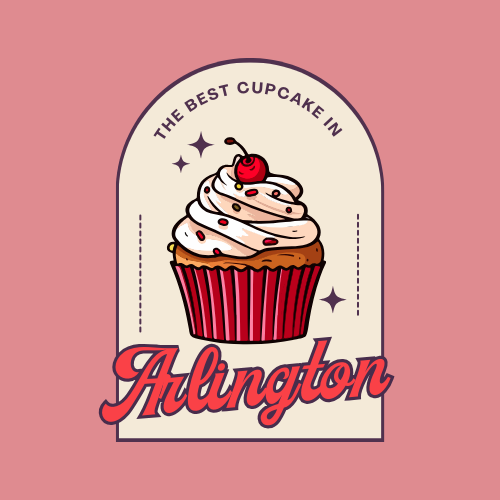
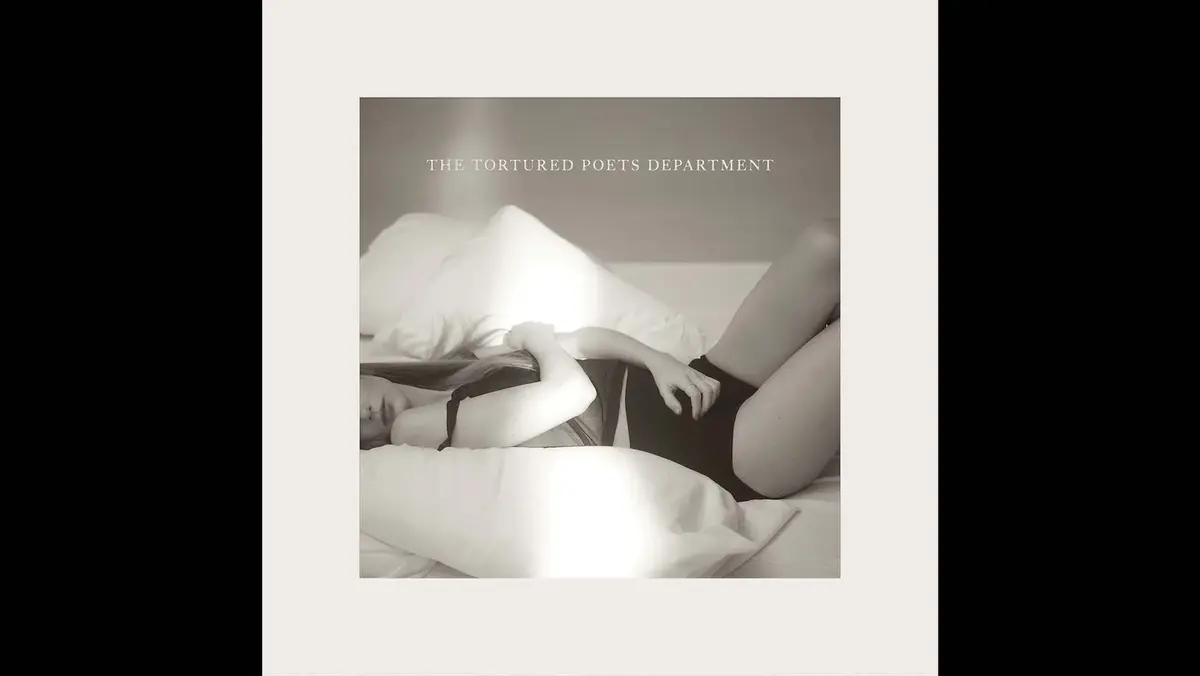




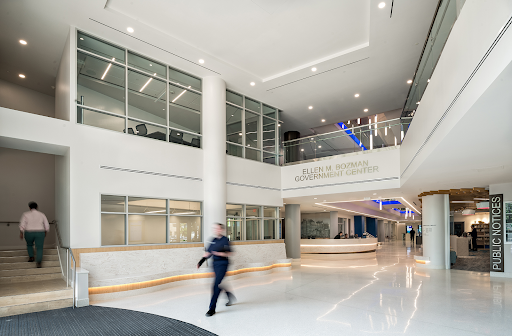
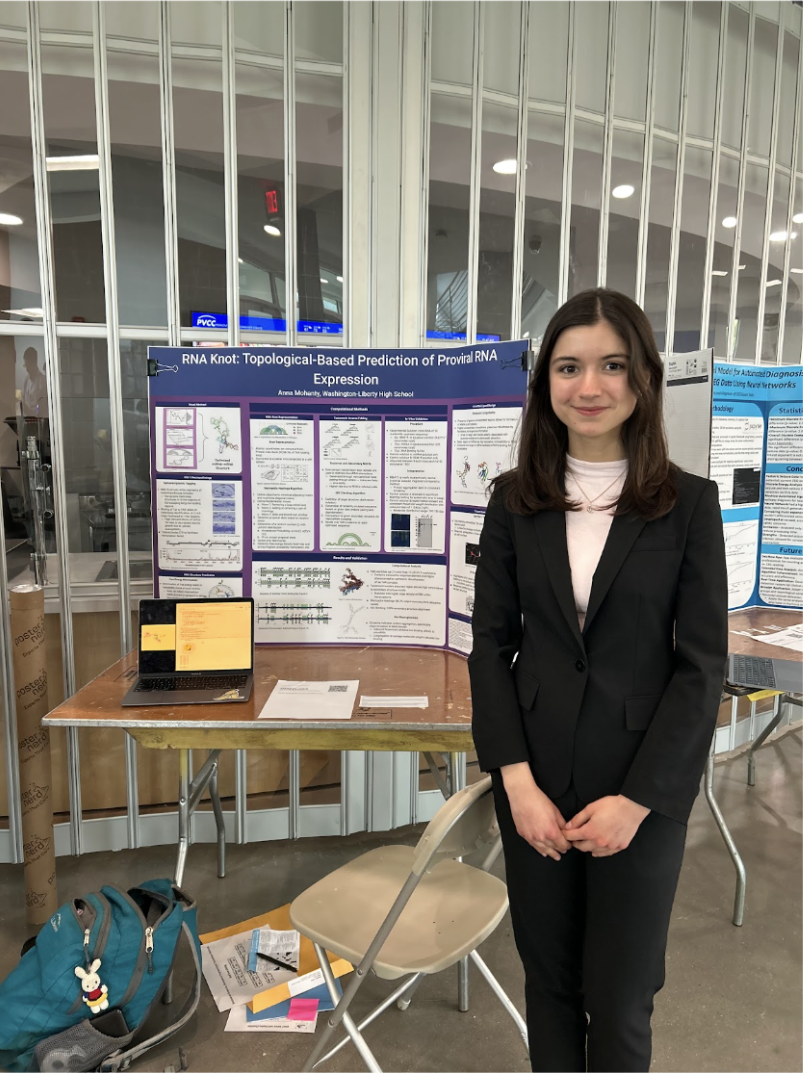


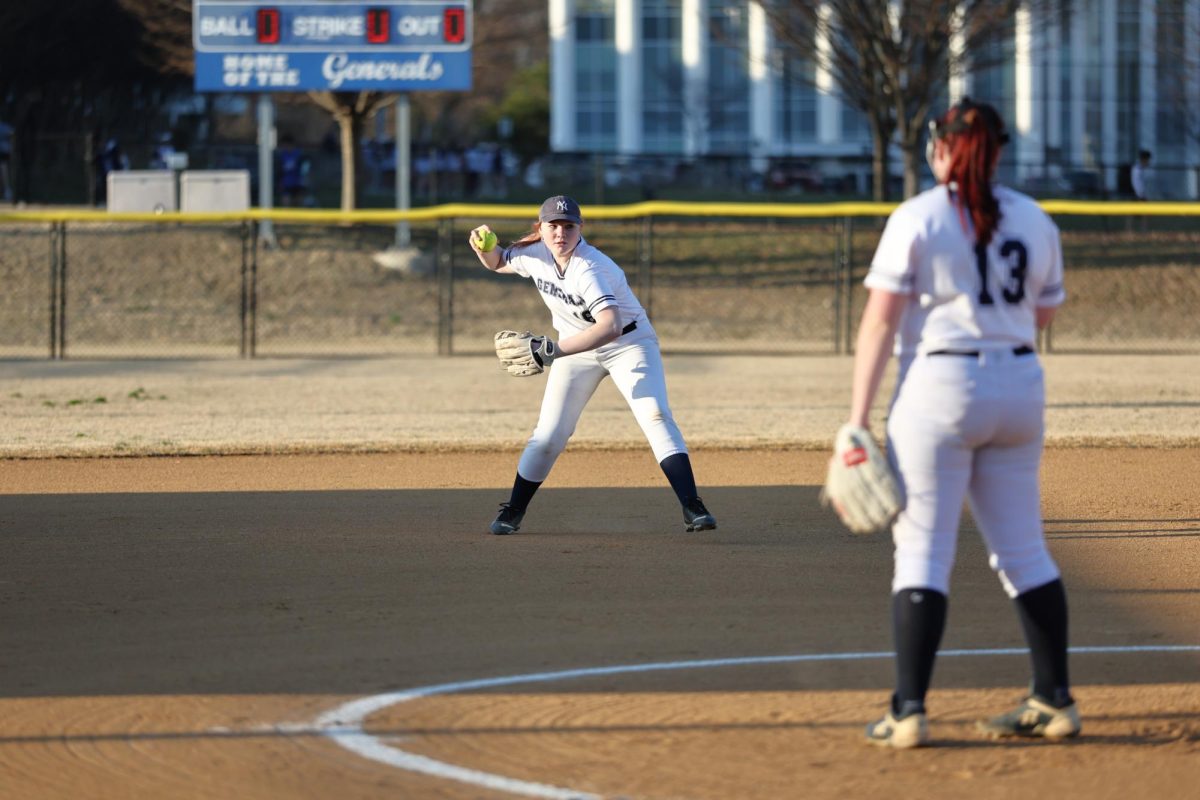

Anthony Fiorino • Apr 13, 2024 at 12:17 PM
I thoroughly agree with the notion that there is a massive trend of the affluent and disadvantaged not forming social connections especially within Arlington. This is especially concerning because economic mobility is contingent on the formation of personal connections with those in other levels of society. When someone surrounds themselves with those more successful than oneself, it influences and encourages that person to succeed financially. Because those relationships are not being formed, this will further polarize American citizens by income, creating greater economic disparity and perpetuating the issue.